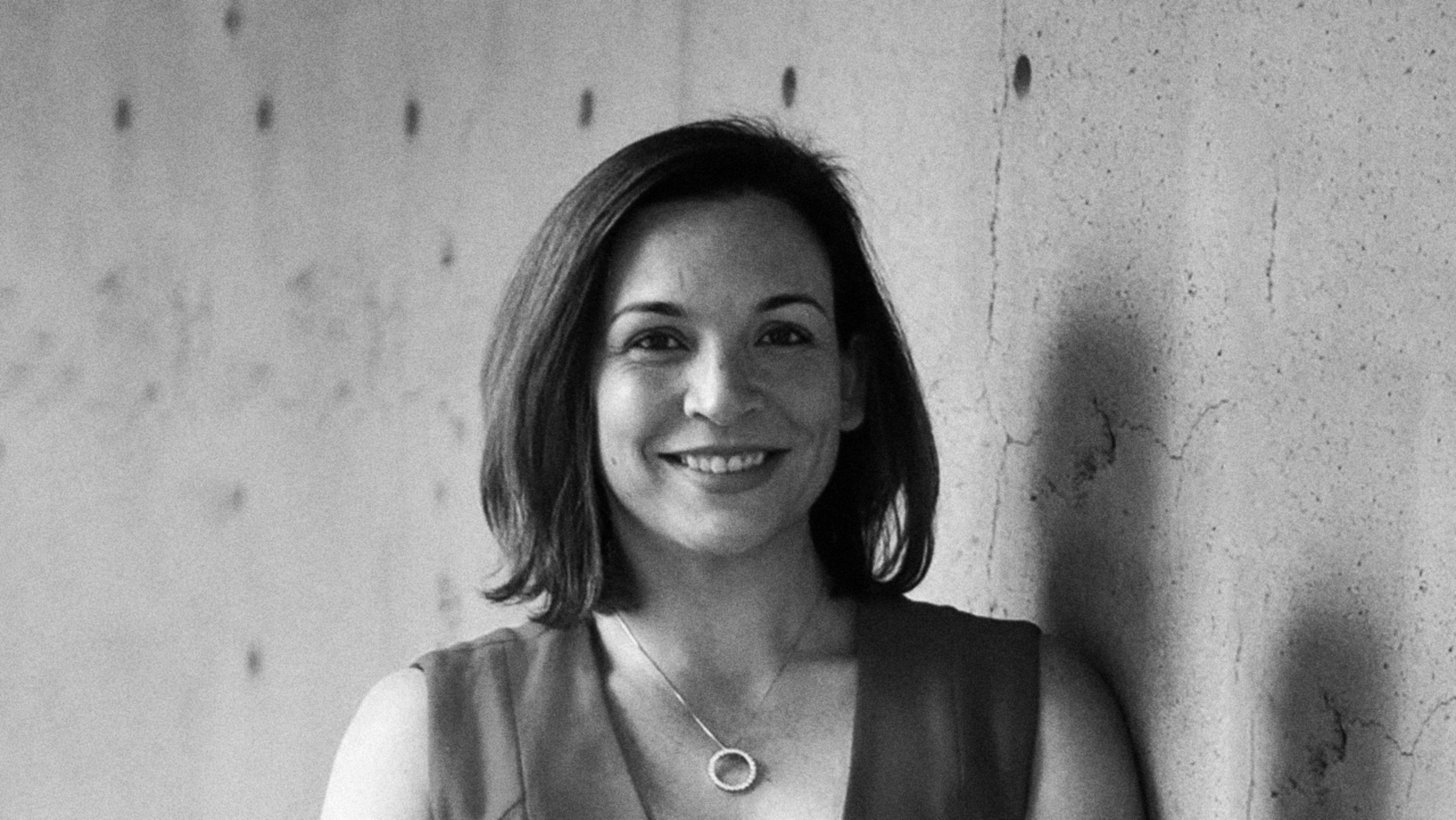It was 2016, and Hillary Clinton had just lost the election when Amy Nelson decided it was time for a change. She had recently been passed over for a job promotion after returning from maternity leave. Her boss, she says, didn’t think it was the “right time,” expressing concern over her workload. Her growth trajectory was stalling, and she didn’t like it. So, she left, and decided to become her own boss.
“If there is a time, it is now,” she remembers thinking. “I have to step into the arena and try and do something.”
And she has, with The Riveter, a female-forward coworking space. Since launching in 2017 with cofounder Kim Peltola, the company is growing fast. It has five offices in Seattle and Los Angeles, and as of last week, has raised a total of $20.5 million in funding. Nelson says there are plans to open another eight locations in 2019, with an ambitious goal of 100 by 2022.
Coworking seemed a natural place for Nelson to begin to whittle her vision for an equitable office, one that can be a welcoming space for the increasing number of female founders. Between 2017 and 2018, women started an average of 1,821 new businesses a day, according to the 2018 State of Women-Owned Businesses Report.
Related: Blooms is London’s first female coworking space
Coworking spaces are also becoming more appealing to large corporations for their location flexibility, affordability, and employee satisfaction. In its annual real estate report, CBRE says it expects corporations to invest more in these types of spaces. WeWork has been the big-name beneficiary of this trend and is now valued at $35 billion, according to Pitchbook data. Even smaller coworking startups have seen big funding rounds, like The Wing, a women-only space with five locations (and six on the way) that has raised $42 million in venture capital funding.
While The Riveter is female-centric, it is nonetheless co-ed. “I think there’s a ton of magic to women’s only spaces,” says Nelson, “but for us, we’re focused on women and work and changing what that paradigm is, and a lot of women work with other genders.”
At Riveter, 25% of members don’t identify as female. There’s no beer on tap, video games, ping-pong, or foosball—the kinds of things you might find in many newfangled offices, coworking or traditional. “It’s not to say all of those things are just for men, but when you put them all together, it certainly feels like a space that was designed with men in mind,” she says. Instead, her offices have meditation spaces and free products like tampons and skincare from female-founded companies like Volition Beauty.
The Riveter workspaces are mostly sprawling open rooms with hot desks. Roughly 30% is devoted to closed rooms and personal offices, which doesn’t seem like an extreme departure from other coworking spaces on the market. Recent studies suggest that open office spaces might not be so great for women, because they put women on display and provide less opportunity for them to have sensitive conversations. Nelson disagrees that Riveter’s open office has any of these problems: “Our open office plan isn’t dealing with existing power dynamics, but rather building a new one.”
Where Riveter seems to provide the most value is in its membership perks. Nelson brightly talks up Riveter’s events, where U.S. Senator Tammy Duckworth (D-IL) and Sheryl Sandberg have been known to offer up advice on how to manage the workplace. For $100 per month, companies and individuals can get monthly memberships for events plus 10 hours of office time, giving women part-time work options unlike most coworking spaces on the market.
In its early days, the coworking company hosted daily yoga classes, but it has since dispensed with the practice in favor of providing its users with discounts to partner studios. Nelson says that the company still has a wellness program and meditation rooms where workers can come during the day to take a break.
It notably doesn’t allow children at the workspace and doesn’t offer any kind of daycare service, though the company does allow infants, or “babies in arms.” Other coworking startups are considering daycare more heavily. Earlier this year, The Wing announced it would begin testing daycare at its SoHo location in Manhattan. Here, The Riveter looks to partnerships again with deals for affiliated childcare, air travel, and other business-related services. Nelson also has ambitions to offer members access to group health insurance in the future.
With the new funding, Nelson also wants to push her coworking startup away from the coasts. She’s considering Texas, Colorado, Arizona, and Minnesota for places where she might open one of her next eight locations.
Recognize your brand’s excellence by applying to this year’s Brands That Matter Awards before the early-rate deadline, May 3.
